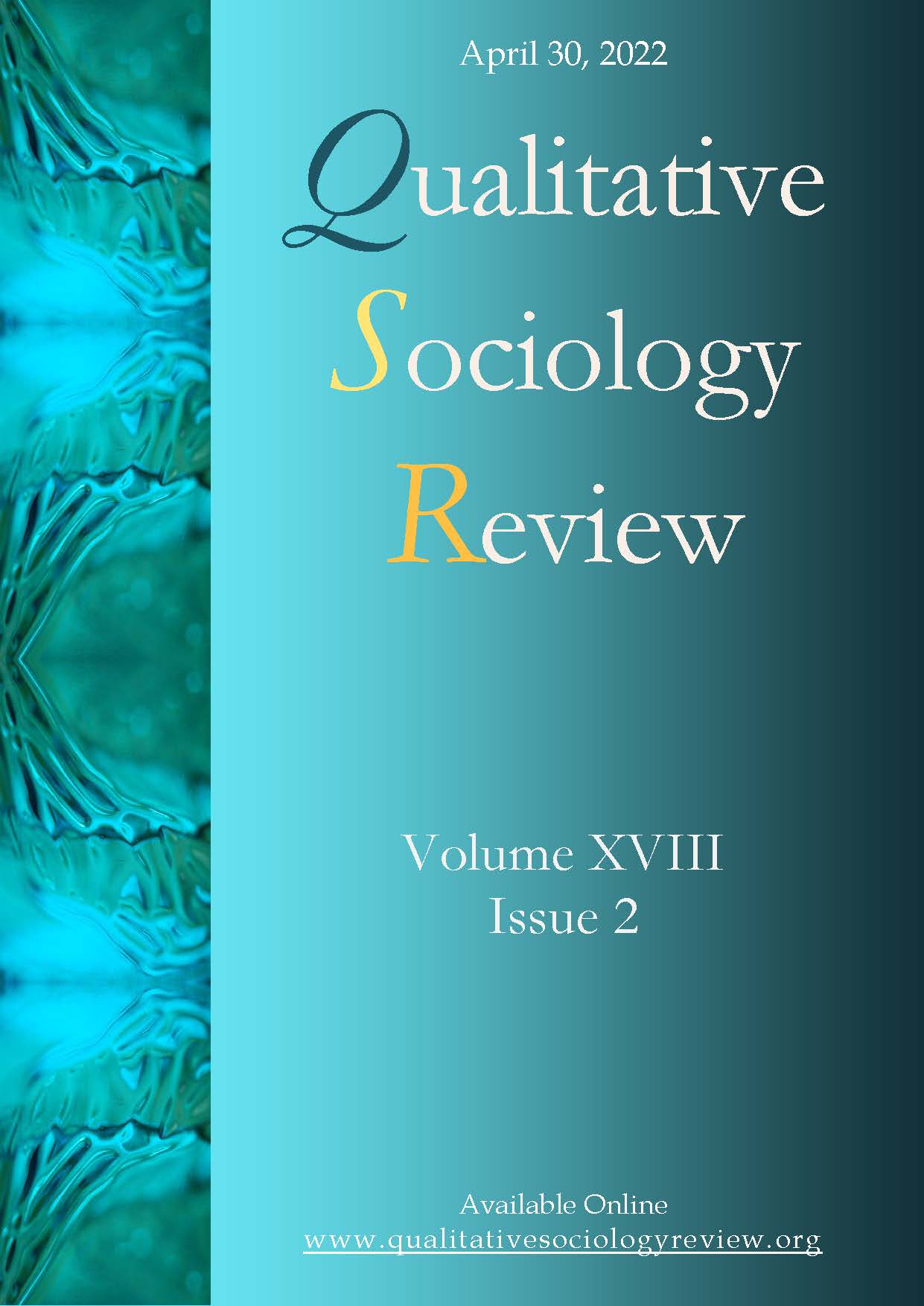Gender, Embodiment, and Self-Regulation: Surveillance in Canadian Intercollegiate Women’s Distance Running
Gender, Embodiment, and Self-Regulation: Surveillance in Canadian Intercollegiate Women’s Distance Running
Author(s): Christine CareySubject(s): Social Sciences, Gender Studies, Sports Studies
Published by: Wydawnictwo Uniwersytetu Łódzkiego
Keywords: Gender; Running; Surveillance; Embodiment; Foucault; Docile Bodies; Agency
Summary/Abstract: This article draws on data collected through semi-structured interviews with intercollegiate cross country and track athletes to investigate how female distance runners experience their sport concerning gender and embodiment. The runners identified gender as affecting their sport by way of shorter distances for women’s races, heightened involvement of coaches in corporeal matters such as diet and weight, as well as sex verification policies. Distance running was also specifically identified as a sport that intensifies societal pressures for women to be thin. Drawing on Foucault’s theory of disciplinary power, this paper explores how dominant discourses on gender and the body are reproduced within distance running through a combination of structural and cultural practices. However, the paper also highlights resistance to cultural ideals among female runners, calling for a more dynamic understanding of disciplinary power that accounts for individual agency.
Journal: Qualitative Sociology Review
- Issue Year: 18/2022
- Issue No: 2
- Page Range: 28-47
- Page Count: 20
- Language: English

